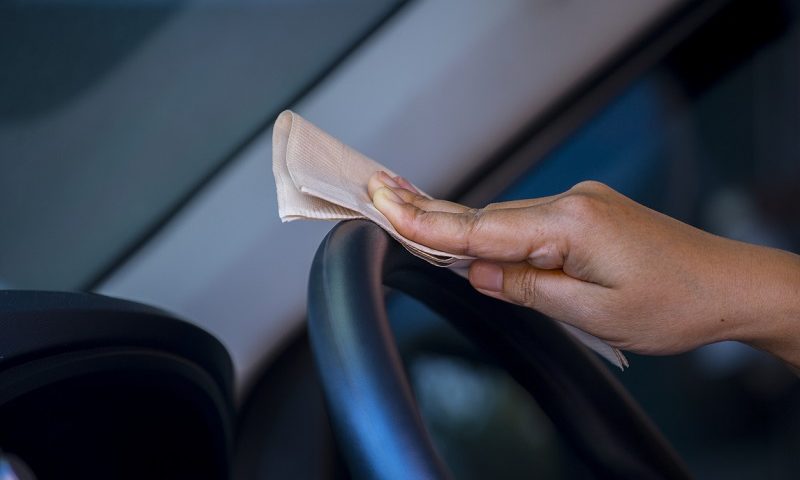Drivers with hay fever could be hit with £1,000 fine

Does hay fever cause you an itchy throat and watery eyes? If so, you could be at risk of a motoring offence carrying a £1,000 fine.
Hay fever affects roughly 30% of the UK’s population, and with the UK experiencing a high pollen count this week, it’s important to know how this condition may affect your driving – and whether you need to avoid the roads.
The cost of hay fever
Experts have warned that driving while experiencing symptoms of hay fever could land motorists with a £1,000 fine.
In the eyes of the law, an onset of pollen allergy symptoms – which can include sneezing and coughing, a runny or blocked nose, and a headache – could render a driver unable “to have proper control of the vehicle and a full view of the road”.
If you’re the driver of a passenger-carrying or goods vehicle, and you experience an acute bout of hay fever symptoms, you could therefore face a fine as high as £2,500.
Craig Forbes, motoring expert at Peter Vardy, said: “Drivers must take responsibility for assessing their own fitness to drive when experiencing symptoms.
“There are ways to minimise symptoms of hay fever during spring, but if your eyes are extremely watery and you feel unwell, your driving could be impaired and you may wish to consider alternative travel in order to avoid a fine.”
Minimising symptoms
If you can’t change your travel plans, you should ask someone else if they are able to drive.
If you can’t get anyone else to drive, you should attempt to combat your hay fever symptoms before setting off. You can do this by using essential oils with your air freshener – lavender, peppermint, and eucalyptus all have anti-inflammatory properties that can unblock stuffy noses naturally.
You can also take action by avoiding rural locations in the countryside. In these open spaces, pollen is likely to be blowing around, so you should find an alternative route and close your windows to minimise your symptoms.
Forbes adds: “It’s important to clean your car regularly throughout the pollen season, so as to get rid of any pollen particles that make their way into the vehicle.
“Use your vacuum and duster to get rid of any pollen dust on your dashboard and seats.
“Doing so will prevent the build-up of pollen inside the car that can worsen your symptoms.”
Hay fever tablets might not be the answer to safe driving. Here’s how antihistamine medications can increase risk.


